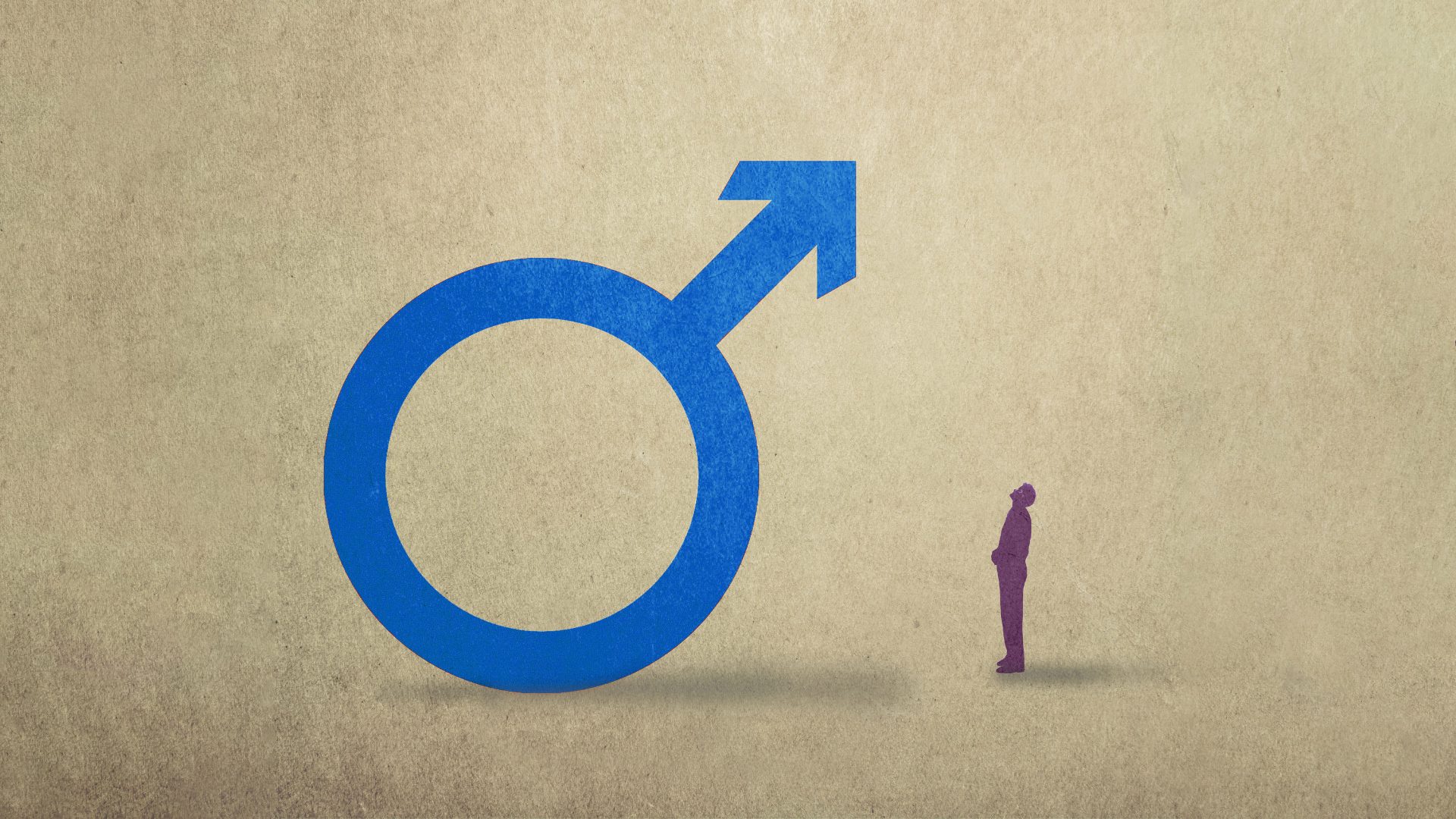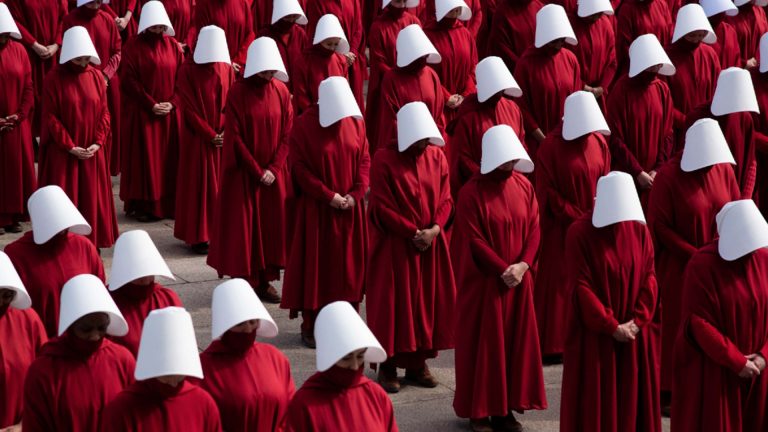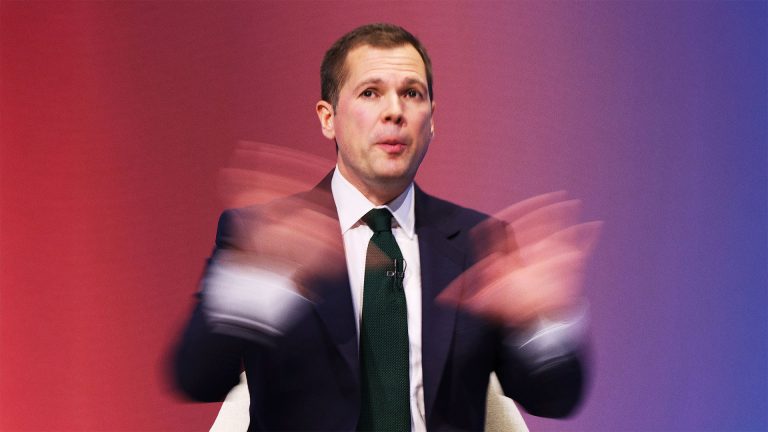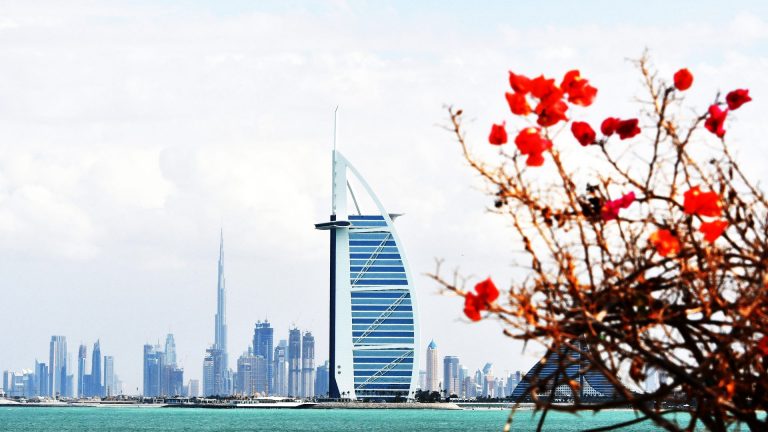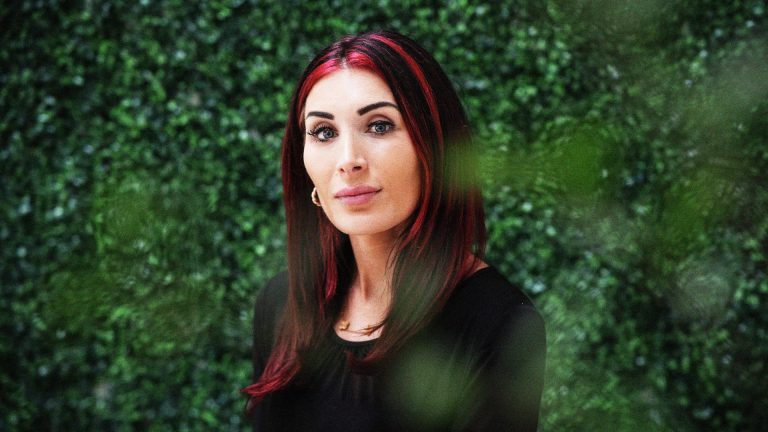My optimism about my generation was shattered before I even stepped onto a university campus at 18.
When I think of some of the people I met, my brain goes, “Well, they were nice apart from the slight sexist and/or racist remark”. It reminds me why those relationships did not go further, and also why I decided that my generation would not be the one to save the world.
I wasn’t shocked by the US election result, or by the data showing the number of people in my age group who are shifting right. I had to stop myself from rolling my eyes at commentators who seemed surprised that some young people – especially men – were not “woke”, and did not automatically vote for Kamala Harris.
If any of these commentators had engaged with young people and had stepped onto a university campus or into a secondary school, they would not have been so surprised.
The Center for Information & Research on Civic Learning and Engagement which looks at civic engagement by young people in the US, found a gap between men and women aged 18-29. It showed that 58% of young women backed Harris while 56% of young men backed Trump. Corresponding research carried out by YouGov in the UK showed that young men aged 18-24 preferred Reform to the Conservatives in the 2024 election, compared to young women of the same age. There is a clear divide between my generation’s men and women.
I will admit that I used to have a smug sense of superiority as a teenager. I assumed that my generation would be the one to save the world, because we had the information and empathy that our parents and grandparents never did. We are the generation of fourth-wave feminism and a recognition that gender and sexuality are mere spectrums.
But I also vividly remember receiving unwanted pictures of a male classmate’s penis when I was 14. Why? Well, the boys in my year thought it would be funny. If you ask a teenage girl in school now, she could likely tell you this still happens. If you ask a millennial, they probably experienced the same.
For years, there has been worry about the spread of misogyny in young men and the rise of inceldom and radicalisation online. However, there has been a failure to recognise how this translates into voting patterns.
We are just as susceptible to misinformation and irrational hatreds as our parents and grandparents. Our views are not being swayed by Facebook posts and email chains – but TikTok is just as effective in spreading propaganda and misinformation, if not more so. Moreover, most people my age get their news online and most influencers tend to be male and conservative, using sensationalist and extreme opinions to shout down the competition. In this way, they climb to the top of every guy’s algorithm.
At election time, political candidates who represent and endorse certain aspects of toxic masculinity can appeal to certain types of young men. These are the ones who have become convinced by the online echo chambers that life’s inevitable frustrations must be the fault of women, queer people, immigrants.
Trump did exactly this. His insult-laden campaign and past aggressions towards women offered an alternative, aggressive version of masculinity. His running mate, JD Vance, offered another, with his creepy emphasis on the role of women as child-bearers and men as providers.
They are supported by a circle of various misogynists, pro-natalists and conservative “bros”, who have spent years creating content online for young men. When they endorse Trump, men listen. Kamala Harris had Michelle Obama and Beyoncé – Trump had Jake Paul and Joe Rogan.
Gen Z appears to be less politically engaged than previous generations, but the available data indicates that the political gender gap is growing. Earlier in the year, an Ipsos poll for King’s College Policy Institute found that one in six (16%) British men say feminism has done more harm than good, with another 62% of young men agreeing with the statement, “Men are being expected to do too much to support equality”.
Asking for a left-wing, British Joe Rogan doesn’t solve this divide, because we still have to deal with what is being said in the current echo chambers in which men find themselves.
This growing divide is not just seen in America and Britain. Gallup data published earlier this year showed that in Germany, women aged 18 to 30 are now 30 percentage points more liberal than their male contemporaries. A 30-point gap was also found between the same groups in the US – in Britain it was “only” 25 points.
Meanwhile, in Poland nearly half of young men backed the far-right Confederation Party in last year’s election, but just one-sixth of young women supported the party.
It would be wrong to blame men alone for the creeping conservatism of young people. In Arizona, Missouri, and Nevada, which all approved measures to protect or advance abortion rights on November 5, three in 10 women who voted for the right to choose also voted for Trump as president.
Women have always been divided. The right has always attracted conservative women, as well as young women as its mascots, of which there are now many on the internet. Think of Phyliss Schlafly if she had access to a ring light and Canva.
The tradwife movement, which champions women taking on the role of roles at home has boomed on social media, with influencers promoting seemingly apolitical aesthetically pleasing cooking videos with soothing voiceovers. It glamourises the sexism of the 1950s, but it’s so aesthetically pleasing that you forget its conservative propaganda. Almost.
A growing political gap is a concern for equality. When young men listen to political candidates who make sexist jokes about their female colleagues or opponents, or believe that a woman’s role is solely to reproduce or be in the home, gender equality, and the further benefits of that, becomes less of an achievable goal.
So if you are someone from older generations assuming that we would do better, I am sorry to tell you that a 22-year-old can be just as bad as your 82-year-old grandparent who feels nostalgic for the colour bar. A gigantic shift is happening right in front of you.
Michaela Makusha is a freelance writer whose work has appeared in Black Ballad, The Guardian, Teen Vogue and Glamour

